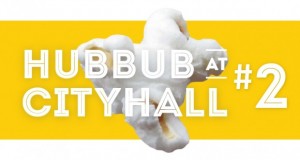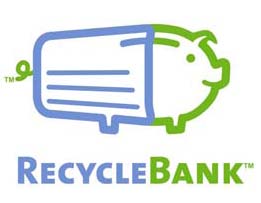My experience at Hubbub must have been pretty thought provoking, because I’m still thinking about the conversations I had with my discussion group. For starters, it was super interesting to hear the different perspectives on sustainability – is it a policy issue? A social issue? A business issue? It all depends on who you ask. The Econ students seemed to lean towards policy, while the City of Vancouver rep seemed to think that policy doesn’t always work – especially when it comes to improper implementation. And what about consumers? Should they be encouraging businesses to change, by driving demand for more sustainable products?
It seems that when we try to assign responsibility to one party over another, the sustainability conversation comes to a standstill. No matter which party is blamed, there is always a flaw in the argument. Thinking about this led me to an a-ha moment: in order to achieve change, there needs to be a collaboration between all three – policy, business, and consumers.
In class, when we talk about collaborations between a company and a group such as WWF, we see that good things happen when organizations collaborate. But, the missing link in many of these collaborations is the government. Imagine what could happen if a company going “sustainable” with the help of the WWF also had government policy on its side – perhaps in the form of tougher regulations that use the most sustainable company as the benchmark, instead of the least sustainable company. Such a move would encourage competitors to become more sustainable, and would actually reward the companies that are working to do so. Of course, a change of this magnitude can’t happen without collaboration between government and business.
One city that’s realized the power of collaboration is Philadelphia, through it’s partnership with Recyclebank. Here’s how it works: When city recycling trucks pick up residential recycle bins, they calculate the weight of the materials inside and scan a barcode specific to that address. Recyclebank credits participants with reward points according to how much they’ve recycled. Through partnerships with major companies Starbucks, Apple) residents can choose a reward of their choice, depending on the amount of points they’ve accumulated.
The result? The City of Philadelphia saw a 4% increase in recycling between 2010 – 2013. Residents are rewarded for exhibiting positive behaviours that cost them nothing, and retailers get business they may not have otherwise seen. It’s a great way to encourage sustainable consumer behaviour, and hopefully one that we’ll see more often in the future.

